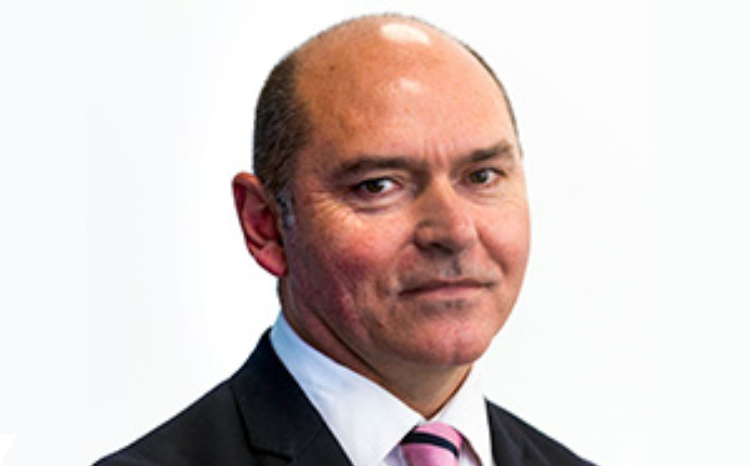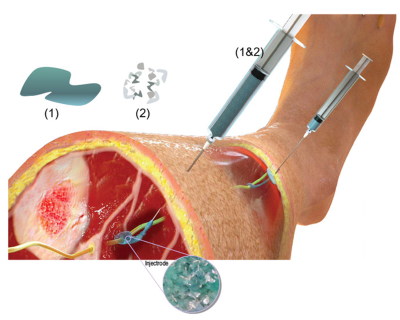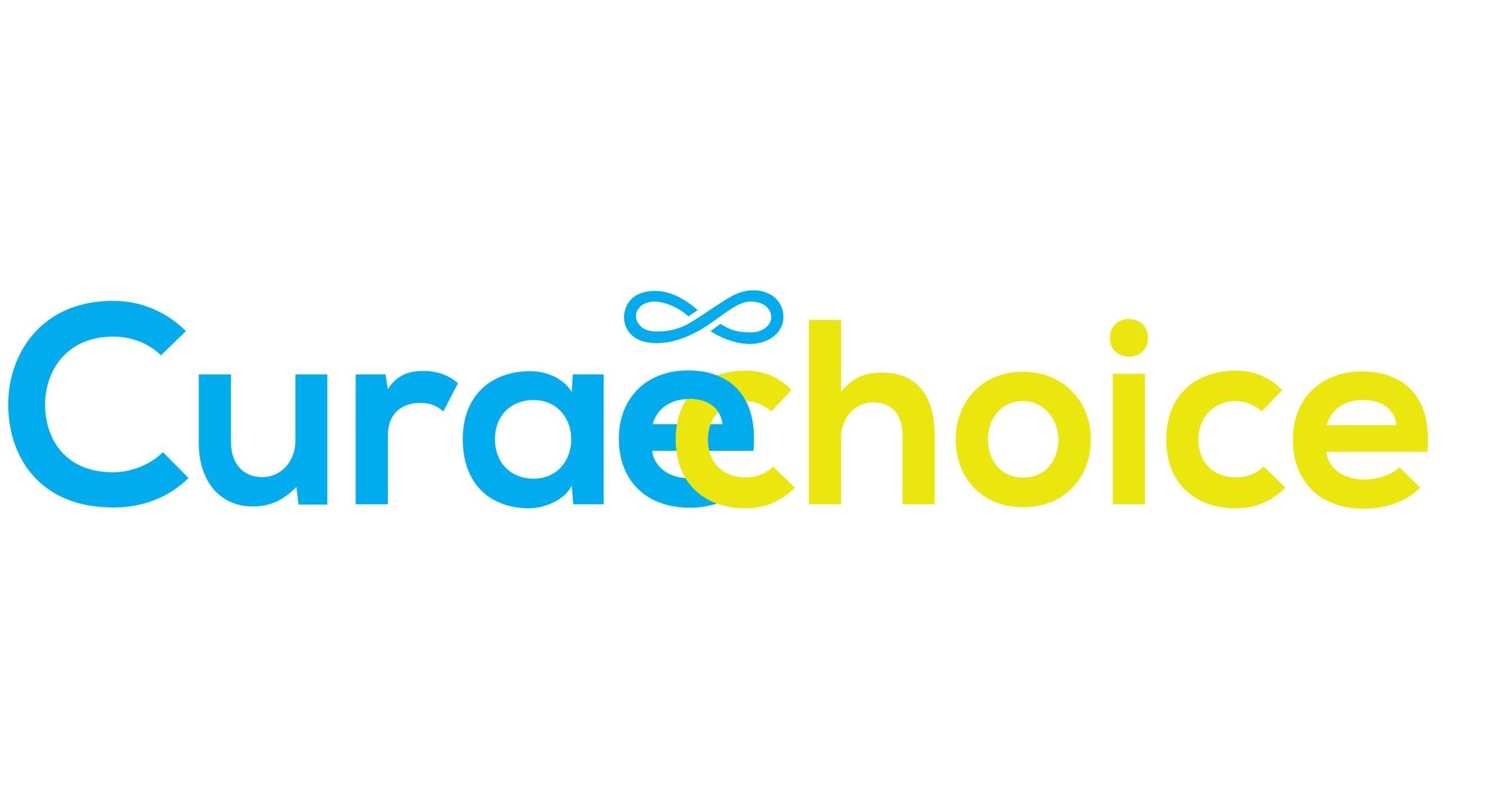NHS trusts will be measured on their adoption of e-services and NHS app integration, according to new NHS England guidelines.
He medium term planning frameworkpublished by NHSE on 24 October 2025, it states that NHS trusts must implement “all core national products and services specified in the next national product adoption panel” by the end of 2027/28.
This includes “implementing the e-referral service APIs, consolidating NHS.Net Connect into the national collaboration service and integrating all existing NHS App capabilities.”
Providers must also adopt NHS app capabilities as a priority, making at least 95% of appointments available through the NHS app in all care settings from April 2026, in line with the NHS 10-year health plan.
The guidance sets out plans to ensure that 85% of people with a cancer diagnosis receive their first treatment within two months of referral, up from 70% currently.
NHSE says this will be achieved by transforming service delivery and improving productivity, with hospitals financially incentivized to ensure more patients are treated in the community and moves to offer same-day GP appointments.
Wes Streeting, Health Secretary, said: “Millions more patients will be treated on time, with better cancer outcomes and faster access to GPs.
“The NHS will enter the digital age and community care will be given the priority it deserves.”
NHSE said all direct patient communication services should move to NHS Notify, taking advantage of NHS app-based ‘push’ notifications as the preferred method of contact with local arrangements finalized by the end of 2029/29.
In the meantime, providers should join the NHS Federated Data Platform (FDP) and use its core products to support elective recovery, cancer and urgent and emergency care.
NHSE adds that trusts should use the FDP for “data storage and implement the canonical data model”, while “ICBs should use the FDP population health management toolkit for strategic commissioning and adopt the FDP System Coordination Centre” by 2028/29.
“Those suppliers leaning heavily toward the digital agenda are already achieving substantial performance improvements and productivity benefits that free up cash.
“For example, acute trusts leveraging the NHS Federated Data Platform have achieved an average increase of 114 elective surgeries per month per trust and a 35% reduction in delayed discharge days,” the guidance says.
Trusts are also asked to “implement ambient voice technology (AVT) at a pace, taking due account of the national AVT register” and adopt digital therapies for comprehensive and supportive care, as well as for direct clinical provision where services have appropriate regulatory approvals.
Sir Jim Mackey, chief executive of NHSE, said the guidance “resets how the NHS works, aligns incentives to deliver more care and creates a clear roadmap by which the NHS can deliver on its commitments to improve access to care and get waiting times back to what patients want and need.”
Carmelo Insalaco, CEO of an AI-powered clinical triage company, commented on the plans. Quick healthsaid: “Setting a clear target – for 95% of post-triage appointments to be available through the NHS app by 2028 – is a really positive thing.
“But waiting three years to reach this goal is unnecessarily delaying improvements in access to primary care for patients.”
Julián Coe, general director, unknown-in Healthsaid: “As the NHS moves towards the ambitions of its ten-year plan, the planning framework sets out some clear and rightly ambitious targets. For technologies like AVT, this represents a huge opportunity.”



